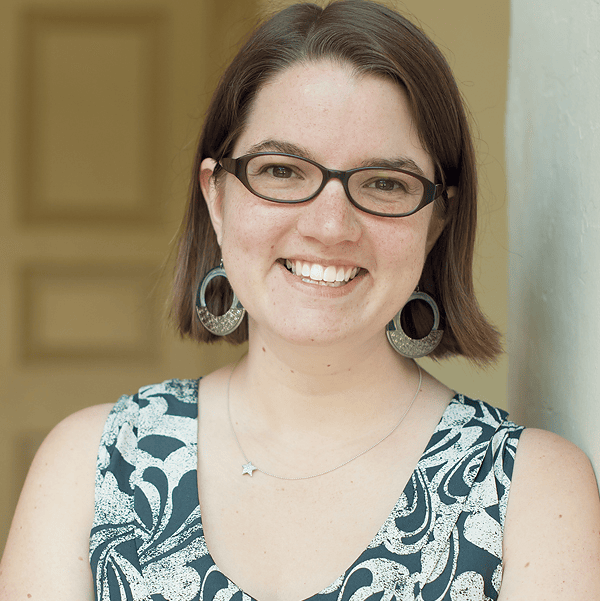It’s been a tough winter and spring here in the DC area. The AHA staff has seen firsthand the human impact of new federal policies and cuts, as family, friends, and neighbors who work for the federal government have lost jobs or lived with uncertainty since January. At work, we are constantly monitoring and responding to the federal government policies and cuts as they impact historical work. Agencies that support and are responsible for history research and education—including the National Archives and Records Administration, the National Endowment for the Humanities, the Institute of Museum and Library Services, the National Park Service, and the Departments of Education and Defense—are among the many under threat. Many of our members are feeling these pains acutely, and many are wondering how best to respond to these unprecedented events.
One arena you might consider is the op-ed pages. I have organized op-ed workshops at the last three AHA annual meetings that advise historians on how to pitch and write op-eds that use their deep knowledge of the past to inform the public. And more than ever, we need smart, knowledgeable, skilled communicators to explain what is happening at the federal, state, and local levels. There are risks that you should consider. Not everyone may feel they have the security, depending on factors including citizenship or employment status, to speak out in this format. But if you do, here are a few tips on how to get started:
First, think local. Many writers dream of seeing their byline in The New York Times, The Washington Post, or The New Yorker, but that’s unlikely on your first attempt. Publishing in The San Diego Union-Tribune, The Des Moines Register, or The Tennessean will reach not just your neighbors but your state and federal representatives. Plus, local credentials matter. If you are pitching The Columbus Dispatch as a professor at Ohio State University, they might pay attention.
Second, think broadly. Historians often conceptualize our historical expertise quite narrowly, typically on a specific research topic. But if you can teach a class on a subject, you can write an op-ed on it. If you teach the history of the early republic, for instance, you understand more about the Bill of Rights than the average American. Your modern Latin American survey course makes you more of an expert on immigration from Central America than most newspaper readers. If you feel comfortable speaking on a topic to a classroom of high schoolers or undergraduates, or to a group of museum visitors, you should be able to write about it for the public.
Third, think quickly. Many historians start writing for the public when they feel an imperative to explain current events and issues directly related to their life’s work. When wars broke out in Ukraine and Gaza, when Dobbs struck down Roe v. Wade, when the COVID-19 pandemic started—historians of eastern Europe and the Middle East, abortion, medicine, and other topics helped the public understand what was happening around us. This kind of writing requires you to be nimble, especially when unanticipated events happen. But historians are also weighing in on events that are recurring flash points in history, such as the history of tariffs, the emergence and growth of the American welfare state, global migrations, vaccines, and white supremacy. Start thinking about what your argument will be so that you can pitch quickly when that topic becomes the news du jour.
If this is new to you, there are resources available. “Op-Ed Writing for Historians,” a recording of a 2023 workshop on the AHA’s YouTube, would be a good starting point. Put the AHA’s fourth annual op-ed workshop on your annual meeting schedule in Chicago next January. Most importantly, read good public writing—from both journalists and your fellow historians—to learn about the structure and conventions of an op-ed. And when you’re ready, start writing. Your voice can make a difference.
This work is licensed under a Creative Commons Attribution-NonCommercial-NoDerivatives 4.0 International License. Attribution must provide author name, article title, Perspectives on History, date of publication, and a link to this page. This license applies only to the article, not to text or images used here by permission.

